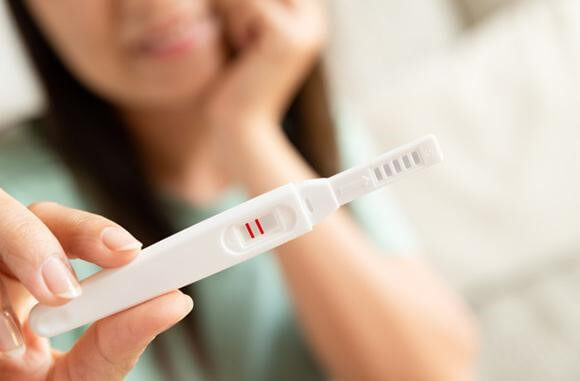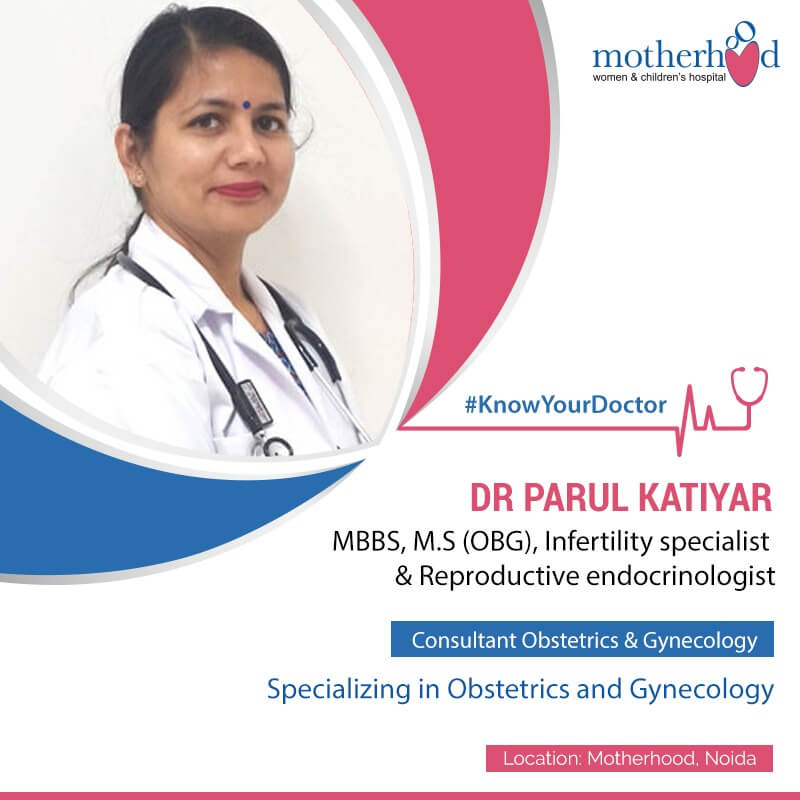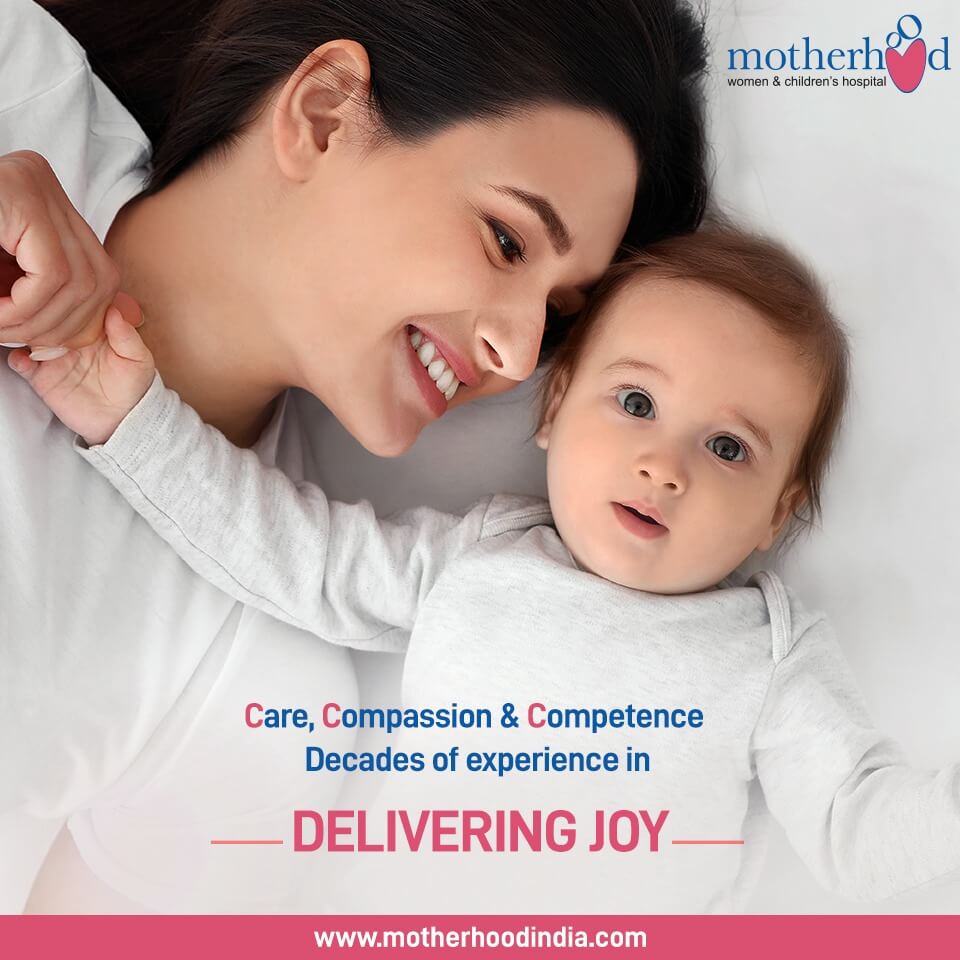As Hospital OPDs Shut In Coronavirus Lockdown, E-consulting Comes To Patients’ Rescue
E-consulting is especially useful for those who are in the family way, say in their third trimester who need regular monitoring. Doctors say there is a changing pattern in the queries of the patients.
Aruna Roy, an auto-immune warrior who has been suffering from lupus would visit her doctor every two months for a review. She had a severe sepsis attack a couple of years ago and has to taper and increase the dosage of her medicine every time her bones hurt or when she suffers from severe fatigue. She has a long-term medical condition and a weak immune system.
Due to the Coronavirus scare, she is unable to visit her doctor but is regularly in touch with her doctor through tele-consultation. ??Lupus is a disease where your white blood cells instead of protecting your body from invaders attack your cells, tissue and all vital organs. My body is prone to infection. Hence I have opted for tele-consultation and online OPD with my doctor during this period of coronavirus scare,” says Roy
Online consultation, which many doctors have started, is like a virtual visit to your doctor. The appointment is booked online, a link is sent to the patient through an SMS. The patient dials the doctor at the appointed time, get the check up done and doctor uploads the prescription with her electronic signature. “We are doing about 200 online consultations a day since the national lockdown began,” says Vijayarathna Venkatraman, CEO, Motherhood Hospitals, Bangalore.
E-consulting is especially useful for those who are in the family way, say in their third trimester who need regular monitoring. Doctors say there is a changing pattern in the queries of the patients. Dr Suhasini Inamdar, Obstetrician and Gynaecologist says: ??The queries of the patients are quite different now. Expecting mothers are concerned about their health and baby during this Coronavirus lockdown. They are concerned about the virus affecting their health. Since some pregnancies are complicated and immunity of some of the patients are low, they are worried that they might get COVID-19.?
Most big hospitals in the metros have started e-consulting. Wockhardt Hospitals in Mumbai for instance is providing a solution for any health-related problem to every family via its virtual consultation facility. Dr Parag Rindani, centre head, Wockhardt Hospitals: “It??s a video conference between a doctor and a patient at home. The motto of this service is to provide the best healthcare facilities to the patients without them having to visit the hospital in the time of lockdown.”
According to reports, AIIMS will begin a teleconsultation facility for its patients by the end of this week as it has shut down its OPD. Majority of the issues can be solved via online consultation for minor illnesses. But for anything serious, doctors say they can’t come to a conclusive diagnosis in the absence of a physical examination and inability to prescribe tests. However, a general plan of treatment can be discussed to put the patient at ease. As Dr. Ritu Garg of Fortis Memorial Research Institute, ??While we physically can??t examine our patients, we hear them out and take down the questions and symptoms they have. However, a lot of these are follow up patients of the doctors. For example, diabetes patients check their blood sugar at home and then video consult with the doctor to titrate their medications.?
In this worrying lockdown situation, there has been an increase in demand for support from mental health professionals too. Many psychiatrists are offering virtual sessions and telephonic support which is extremely important. Says Dr Sapna Bangar, psychiatrist, Mpower, Mumbai, who is offering online consultation to her patients, ??Counselling has always been about emotions and a large part of it is interpreting what may not have been said but communicated by body language, eye contact and reading the cues some of which maybe lost online. However, with advanced technology and skilled therapists a lot can be solved too.”
The Medical Council of India has also released guidelines about prescriptions and tele-medicine. Health and wellness Apps are also witnessing a huge increase in doctor consultation on their platform. For instance, vHealth, a doctor consultation service has seen a surge in its queries. Dr Sneh Khemka of vHealth says people are using their services to check their symptoms for COVID-19. In such cases vHealth doctors are screening symptomatic patients to identify COVID-19 risks. They are proactively staying in constant touch with high and medium risk patients to help them get the required guidance. Since COVID-19 is a notifiable disease, such cases are also being reported to the government authorities.
E-consulting platforms like these, and hospitals offering virtual OPD in your city can be easily found by a simple internet search.


 Toll Free Number
Toll Free Number















